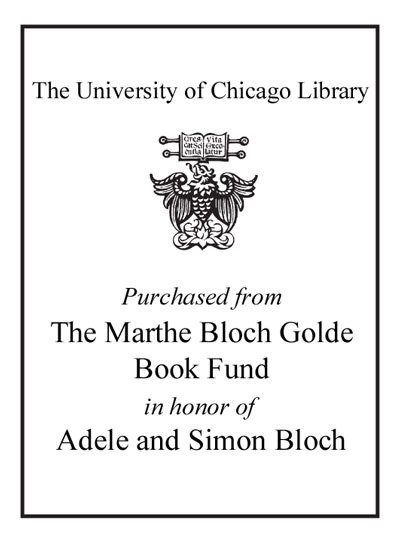Review by Choice Review
In this clearly written book, Reagin (Pace Univ.) argues that the 19th-century evolution of German national identity carried with it a concurrent development of gender roles ending in the ideal of a German homemaker and her management of her household. Orderliness, thriftiness, and cleanliness, values that had characterized the bourgeois homemaker, became the standard for all classes. Although there were homemakers' organizations before 1914, the domestic hardships of WW I encouraged their growth and politicization, so during the years of the Weimar Republic in general, they were linked to center and right-wing parties. During the Third Reich, these same organizations were incorporated into the Nazi women's auxiliaries, and their programs directed toward establishing standards of household management were absorbed, enlarged, and transformed by including race as one of the bases for running a proper household. As part of Germany's war preparation, women were exhorted to alter their shopping, cooking, and sewing to support that effort. A final chapter details the efforts in occupied Poland of Nazi agencies and women's groups to teach German women, who had been minorities in several eastern European countries and were now resettled there, what the standards of German housekeeping were. Summing Up: Recommended. All levels/libraries. H. D. Andrews emeritus, Towson University
Copyright American Library Association, used with permission.
Review by Choice Review

